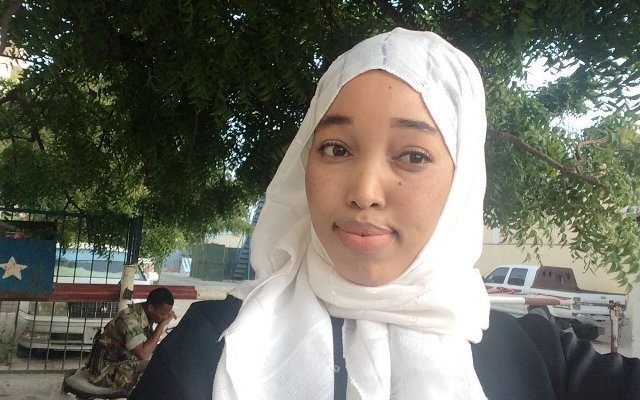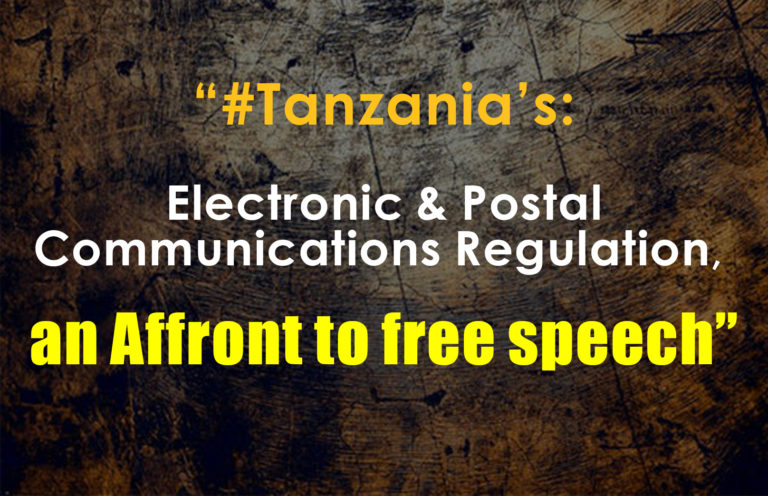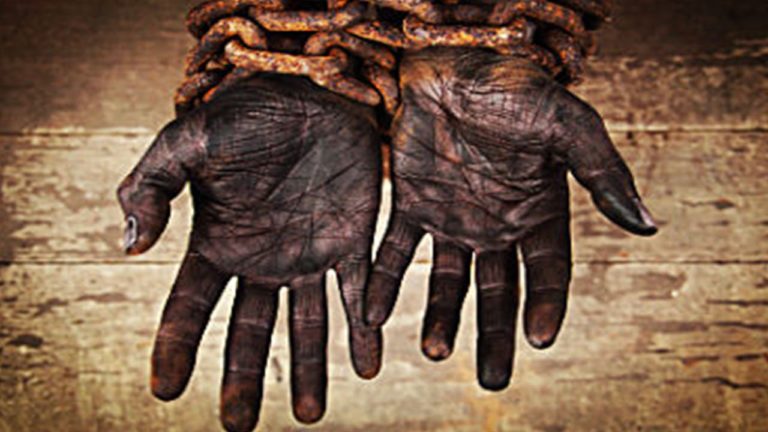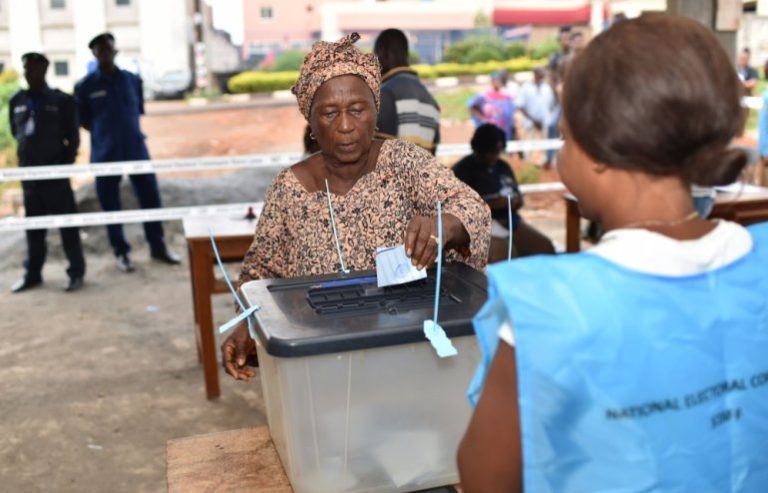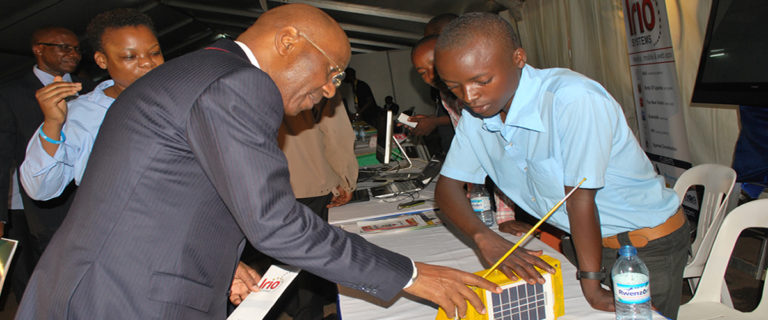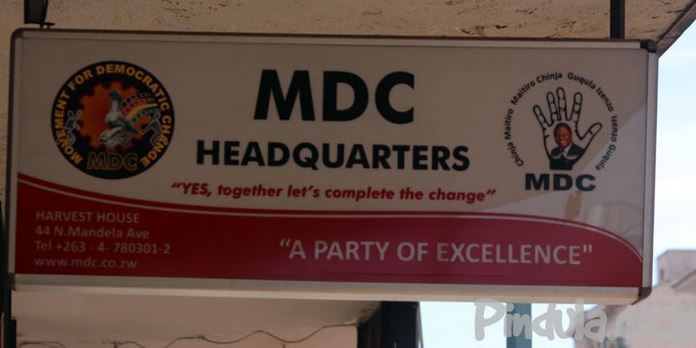The African Freedom of Expression Exchange (AFEX) has learnt with disappointment the passage of the Excise Duty (Amendment) Bill, 2018 which seeks to tax social media as well as mobile money usage in Uganda.
On May 30, 2018, Parliament passed into law the controversial Excise Duty (Amendment) Bill despite strong protests from critics as an attempt to stifle Internet freedom and online expression in the country. The law which will take effect on July 1, 2018 will require users of over-the-top (OTP) platforms such as WhatsApp, Facebook, Twitter and Instagram in Uganda to pay a mandatory daily levy of 200 Ugandan Shillings (about $0.05 cents).
The passage of the law is an enforcement of President Yoweri Museveni’s warnings in April this year that he was going to tax social media usage as such platforms are used to promote ‘gossip” in the country. Similarly, in 2016, the government shut down social media platforms on two occasions during the country’s elections. At the time, President Museveni accused Ugandans of using these networks to “to spread lies.”
AFEX member, Human Rights Network for Journalists in Uganda (HRNJ-U) has condemned the law as an affront to enjoyment of digital rights.
According to Moses Magoola, Programme Manager at HRNJ-U, the underlying objective in the passing of this law is to stifle free expression rights of millions of Ugandans who increasingly depend on online tools to communicate.
“The tax is not coming in place to deliver a service but to control and deter people from expressing themselves especially on civic and political matters,” Magoola said. “The measure is to disable citizen mobilization and communication on matters of national importance.”
While the Museveni-led government argues that the new taxes on social media usage will generate revenue for the Pearl of Africa nation, AFEX believes it is a systematic attempt of censoring numerous Ugandans who may not be able to afford the new daily levy. With the new regulation, Ugandans will spend about USD 1.5 a month in accessing these platforms. Thus, the law will further widen the digital gap that exists in Uganda. Only 31% of Uganda’s over 44 million populations have access to the internet as at 2017.
The adoption of this law is a breach of Uganda’s obligations under national, regional and international standards and frameworks to uphold freedom of expression. Comparatively, Ugandan is the only country that seems to have passed such a legislation which sets a negative precedent for other countries on the continent.
AFEX reiterates the essential role of the Internet and social media platforms in advancing freedom of expression and participatory governance globally. It is therefore sad to see the government of Uganda putting in place measures to restrict more Ugandans from coming online.
We call on President Museveni to withdraw the taxes and rather consider investing in the sector to ensure that all Ugandans have access to affordable, reliable and open Internet.





